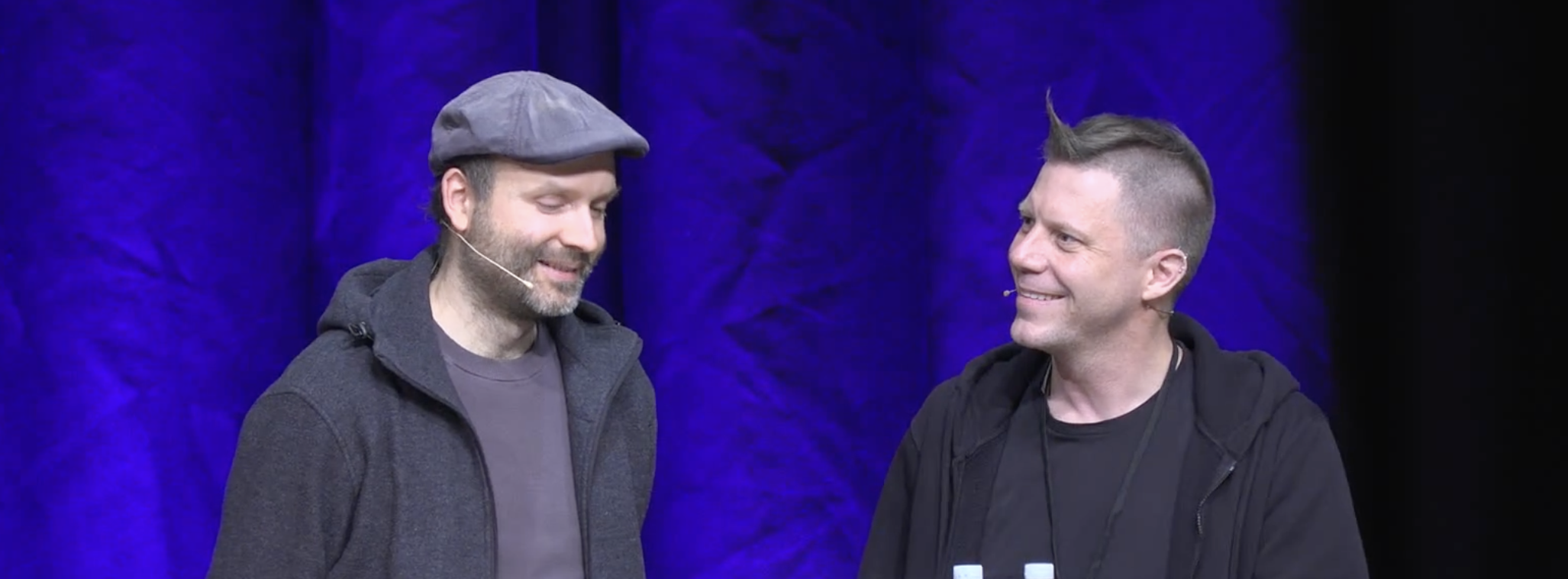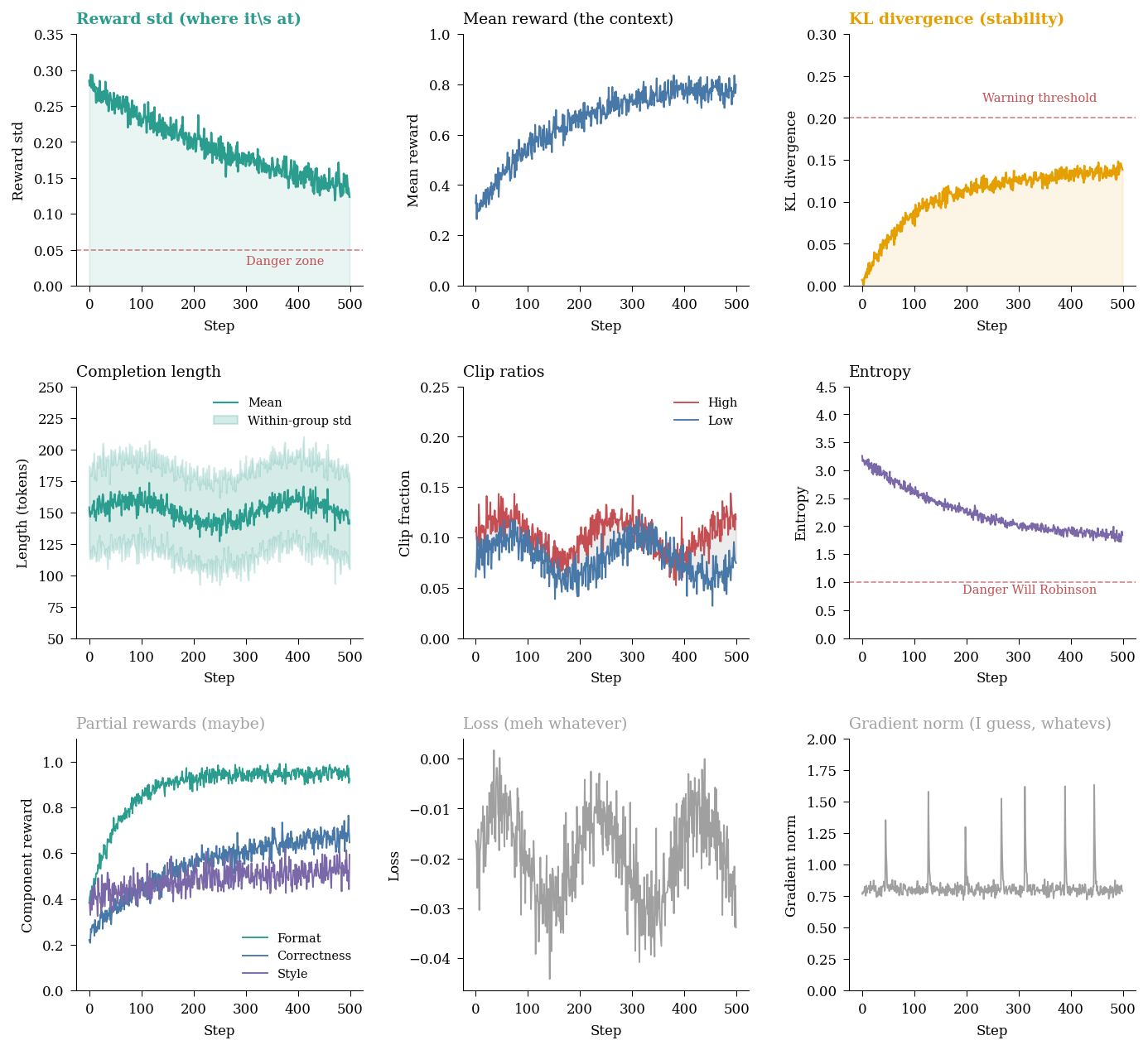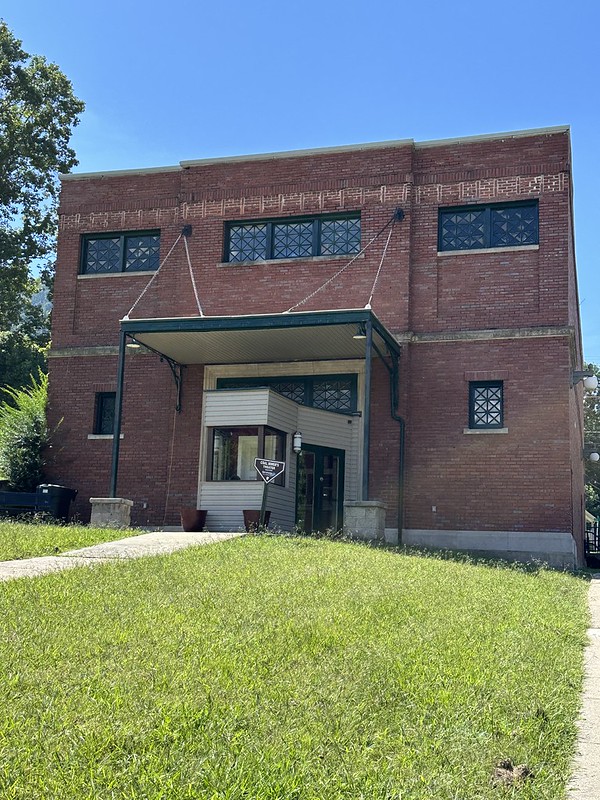What would happen to prices if firms started internalizing the social impact of their behavior? A few years ago I published a model of moral management in competitive markets (Martin 2019) and I thought it would be an interesting exercise to take the price and quantity functions from this model to make a price index.
Rogue Scholar Beiträge
None of these were intended by their creators to be about research; even Marie Curie’s line was about her education. But each of them touched a nerve for me. Also, since they’re not explicitly about research, you may find them applicable to other areas of life as well, whether you’re a researcher or not.

Das Känguru hat uns auf dem #39C3 erklärt, dass jeder erste Sonntag im Monat digitaler Unabhängigkeitstag (#did) ist.

TipHey, I’m writing a book about this! I’m actually writing a book about this stuff. It turns out there isn’t a lot of literature on how to do post-training at the level too big for single-GPU laptop-sized hobby projects and requiring enterprise reliability on one hand, but not quite at the scale of multi-team distributed post-training you’d get in foundation labs.

Appalachian Figures Series – The Story of Travis Glenn Brock of Leslie, Kentucky On a winter morning in 2010, deep under Leslie County, a young miner from Helton was doing the work he had learned as a teenager. He stood beside a remote controlled cutting machine in a crosscut of the Abner Branch Rider mine, trimming the mine floor and ribs so the crew could keep advancing.

Appalachian History Series – The Coal Camp Post Office at the Heart of a Company Town The Benham Post Office has never been the biggest building in town. It does not tower over the valley like the old tipples once did, and it does not have the imposing bulk of the commissary that now houses the Kentucky Coal Museum. What it has instead is persistence.

Repurposed Appalachia Series – The Kentucky Coal Mining Museum in Benham, Kentucky On a gray morning in the Tri-Cities, the old company store at Benham still anchors Main Street. Brick walls rise in neat lines against the slope of Black Mountain, and the wide storefront windows look out on a town that once lived by coal and corporate schedules.

Repurposed Appalachia Series – Benham Theater of Harlan County On the quiet streets of Benham, the brick facade of the old theater still faces Circle Park, its green ticket booth and canopy standing out against the red walls and the backdrop of Black Mountain.

Repurposed Appalachia Series – The Benham Schoolhouse Inn of Harlan County If you stand in the center of Benham and look toward the long brick facade of the old schoolhouse, it is easy to see what Wisconsin Steel and International Harvester were trying to build in the 1920s. The company did not just carve driftmouths into Black Mountain and lay tipple tracks along Looney Creek.

In my previous post, I shared my annual running stats which were generated in R using summary data from Garmin Connect. The code I use to generate these summaries was beginning to get a bit unwieldy, so I have now rebased it into a package.
We refactored the R-universe CI workflows to make it possible to run the exact same workflow from your own GitHub repository. This allows you to test or debug the build and check process on your R package, exactly as it will happen on R-universe, but without actually deploying to https://r-universe.dev.